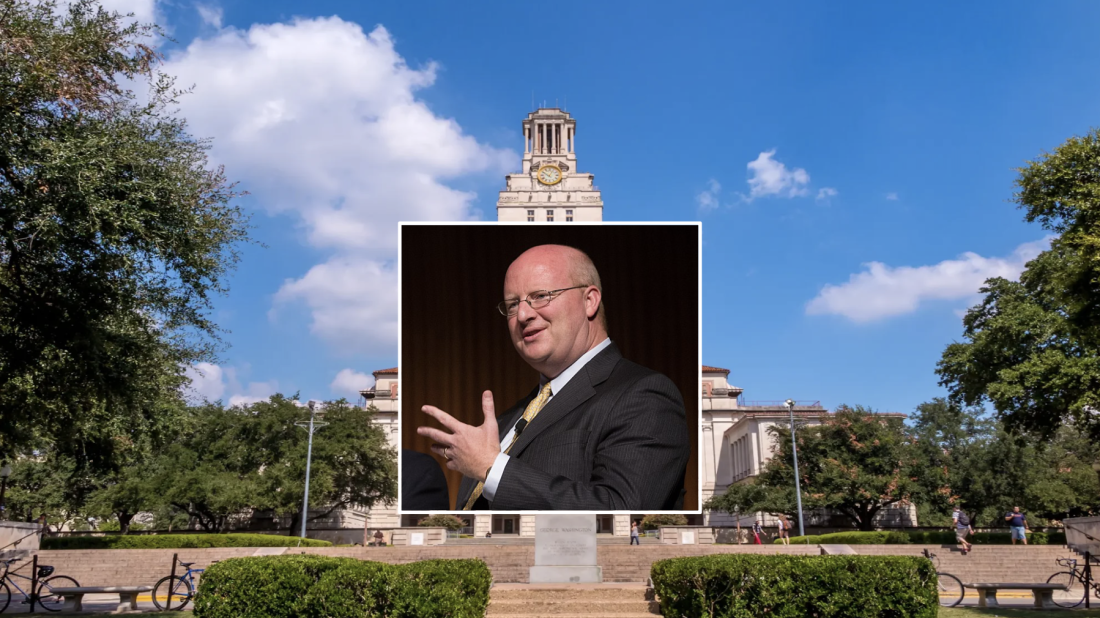A current summer course at Texas A&M includes disturbing materials dealing with gender and sexuality.
Anthropology 201: Introduction to Anthropology features lessons on gender identity using the controversial “genderbread person,” recommendations to use the honorific “Mx.” when addressing intersex individuals, and readings that reference adolescence as a “golden age of romantic and sexual freedom.”
The course is currently taught by Professor Sharon Gursky. She lists her pronouns in her official university biography.

Texas A&M did not respond to a request for comment on why pronouns are being used on its website.
A review of classroom materials found some topics, including discussions of cultural practices in foreign countries and chromosomal abnormalities, presented in a neutral, factual manner. However, many other topics covered do not meet the same threshold of educational value.
Screenshots of class lectures and the course textbook shown below are from the course’s “Sex and Gender” lecture.
On page 389 of the textbook, a section on “Sexuality and Queer Anthropology” favorably cites left-wing anthropologist Maragret Mead and states that Mead “found that adolescence was a golden age of romantic and sexual freedom” in nineteenth century Samoa.

The chapter also uses the so-called “Genderbread Person” image to “diagram … the possible relationships among” sex, gender, and sexuality. This image previously incited controversy due to its inclusion in K-12 curricula. While college students are, arguably, of age to hear such material, its presence is nevertheless revealing.
The Genderbread Person

The chapter goes on to attack stay-at-home mothers as part of a “cult of domesticity.”

In a recording of the course, Professor Gursky states, “The honorific Mx. [may] be used for intersexuals.”

While a comprehensive report on this course would likely run dozens of pages, the materials reviewed consistently focused on radical gender and sexuality concepts, including intersectionality, privilege, and a rejection of the binary view of gender.
The course presents gender as a spectrum influenced by genetics, hormones, and environment, and argues that social inequalities and patriarchy are linked to historical capitalism. The course consistently emphasizes the social construction of gender and race (including use of the manufactured term “Latinx”), advocates for recognizing pronoun diversity, and suggests that striving for “color blind” or “gender blind” societies can obscure existing inequalities and violence.
It concludes by hinting at further societal changes stemming from these shifts in understanding gender and sexuality.
The presence of this material in this course comes following the Texas A&M board’s elimination of “low performing” academic minors such as queer studies in 2024. The Texas A&M Board of Regents is currently reviewing dozens of other programs under this umbrella.
As an introductory course in a large department, however, Anthropology 201 falls outside the purview of that review.
Depending on how Texas A&M defines the phrase “general education,” however, it might fall under the jurisdiction of the recently passed Senate Bill 37. The new law overhauls several aspects of university governance, and grants final authority over general education requirements to boards of regents.
Texas A&M did not respond to a request for comment before publication.





